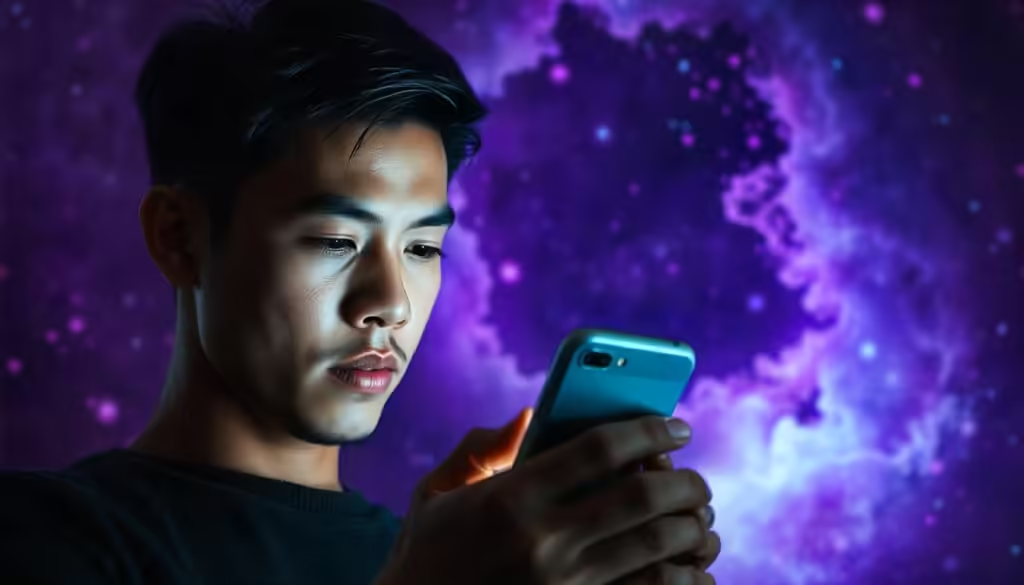A deep dive into the dark side of constant connectivity
In today’s hyperconnected world, social media has become an integral part of our lives. From sharing our daily moments to staying updated on global events, these platforms offer a wealth of information and connection. However, the constant scrolling and the curated perfection we see online can have a profound impact on our mental health.
The Illusion of Perfection
Social media platforms are designed to showcase the best aspects of people’s lives. We see carefully crafted images, filtered photos, and highlight reels of seemingly perfect moments. This can lead to feelings of inadequacy and low self-esteem, as we compare our own lives to the idealized versions presented online.
The Fear of Missing Out (FOMO)
The constant stream of updates and notifications on social media can create a sense of urgency and fear of missing out. We feel pressured to be constantly connected, to know what’s happening, and to participate in every online conversation. This can lead to anxiety, stress, and a sense of never being enough.
Cyberbullying and Online Harassment
Social media platforms can be breeding grounds for cyberbullying and online harassment. The anonymity of the internet can embolden people to say things they wouldn’t dare say in person. This can have devastating consequences for victims, leading to depression, anxiety, and even suicidal thoughts.
Sleep Disruption and Addiction
The blue light emitted by screens can interfere with our sleep patterns, making it harder to fall asleep and stay asleep. Additionally, the addictive nature of social media can lead to excessive use, further disrupting our sleep and overall well-being.
The Impact on Self-Esteem
Constant exposure to carefully curated images and the pressure to present a perfect online persona can take a toll on our self-esteem. We may start to doubt our own worth and compare ourselves unfavorably to others.
The Rise of Anxiety and Depression
Studies have shown a strong link between excessive social media use and increased rates of anxiety and depression. The constant comparison, the fear of missing out, and the cyberbullying can all contribute to these mental health issues.
What Can We Do?
It’s important to recognize the potential negative impact of social media on our mental health and take steps to protect ourselves. Here are some tips:
- Set Limits:
- Schedule specific times for social media use and stick to them.
- Turn off notifications for non-essential apps.
- Take breaks from social media, especially before bed.

- Be Mindful of What You Consume:
- Follow accounts that inspire and uplift you.
- Unfollow or mute accounts that make you feel negative.
- Take a break from social media if you’re feeling down.
- Practice Self-Care:
- Spend time in nature.
- Engage in hobbies and activities you enjoy.
- Prioritize sleep and exercise.
- Connect with Real People:
- Spend time with friends and family.
- Join clubs or groups.
- Volunteer your time.
- Seek Help If Needed:
- Talk to a therapist or counselor.
- Join a support group.
- Consider using mental health apps.
By taking these steps, we can reduce the negative impact of social media on our mental health and create a healthier relationship with technology. Remember, you are not alone, and help is available.



